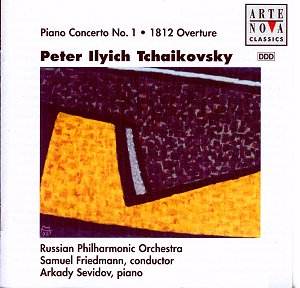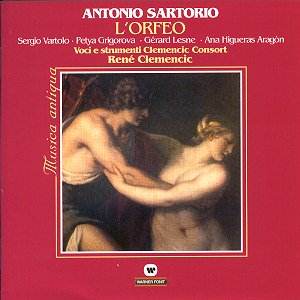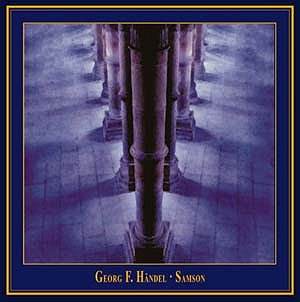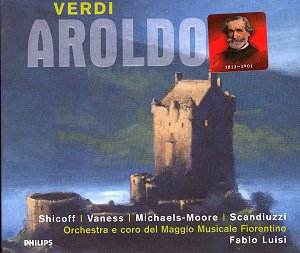 Composer: Pyotr Ilyich Tchaikovsky
Composer: Pyotr Ilyich Tchaikovsky
Works: Piano Concerto No. 1 in B flat minor, 1812 Overture
Performers: Arkady Sevidov, piano; Russian Philharmonic Orchestra; Samuel Friedmann, conductor
Recording: Recorded October 1996 (Concerto), July 1996 (Overture), Russian Broadcast and Recording Department, Studio 5, Moscow
Label: Arte Nova Classics 74321 43327
Tchaikovsky’s Piano Concerto No. 1, a cornerstone of the romantic piano repertoire, is often lauded for its lyrical melodies and dramatic contrasts. Premiered in 1875, it has captured the imagination of audiences worldwide, becoming a staple for pianists from the late 19th century to the present. Paired with the equally famous 1812 Overture, this recording seeks to present two of Tchaikovsky’s most recognizable works under the baton of Samuel Friedmann and featuring pianist Arkady Sevidov. Unfortunately, the performances fall short of the vibrant energy and depth that these pieces demand and often receive from other distinguished interpretations.
Sevidov’s playing in the concerto is technically proficient, delivering the required notes with commendable accuracy. However, his interpretation lacks the emotional engagement and dynamic nuance that truly characterize great performances of this work. The opening movement’s tempestuousness, for instance, feels muted under his hands; the fiery exchanges between the piano and orchestra, which should ignite with a sense of urgency, instead come across as merely routine. The absence of interpretative insight is particularly evident in the second theme, where the lushness of Tchaikovsky’s melody requires a delicate touch to bloom fully. Here, Sevidov’s phrasing feels mechanical, denying the listener the chance to experience the full affective potential of this pivotal moment. Comparisons to Martha Argerich’s electrifying interpretation reveal the stark contrasts in interpretive depth and emotional resonance.
Friedmann’s conducting suffers from a similar affliction. His orchestral approach is stolid and lacks the flexibility necessary for Tchaikovsky’s intricate interplay between soloist and orchestra. The orchestra often appears to be moving at a pace that undermines the concerto’s inherent drama; moments that should surge forward instead plod along, stripping the music of its vitality. While there are moments of expressive playing, particularly from the woodwinds, the overall orchestral fabric feels turgid and uninspired.
The recording quality, while clear, does not elevate the performance. Balance issues plague both works, with the cellos often overpowering melodic lines, especially noticeable in the opening of the 1812 Overture. The orchestration of this piece, which requires a bold and celebratory sound, is rendered lackluster, lacking the necessary punch to engage the audience fully. The climactic moments—where one expects a rousing orchestral explosion—come across as muted and lack the intended grandeur. The cannon sound effects, typically a highlight of the Overture’s conclusion, seem half-hearted, diminishing the celebratory spirit that Tchaikovsky envisioned.
Despite the historical significance of both works, this recording ultimately fails to deliver a compelling interpretation. With so many superior renditions available—particularly in the case of the Piano Concerto, where interpretations by Argerich and others set a high standard—this release does not warrant a place in a discerning listener’s collection. The performances may suffice for those seeking a casual encounter with Tchaikovsky’s music, but for those who yearn for the depth and passion inherent in these masterpieces, this recording leaves much to be desired.



